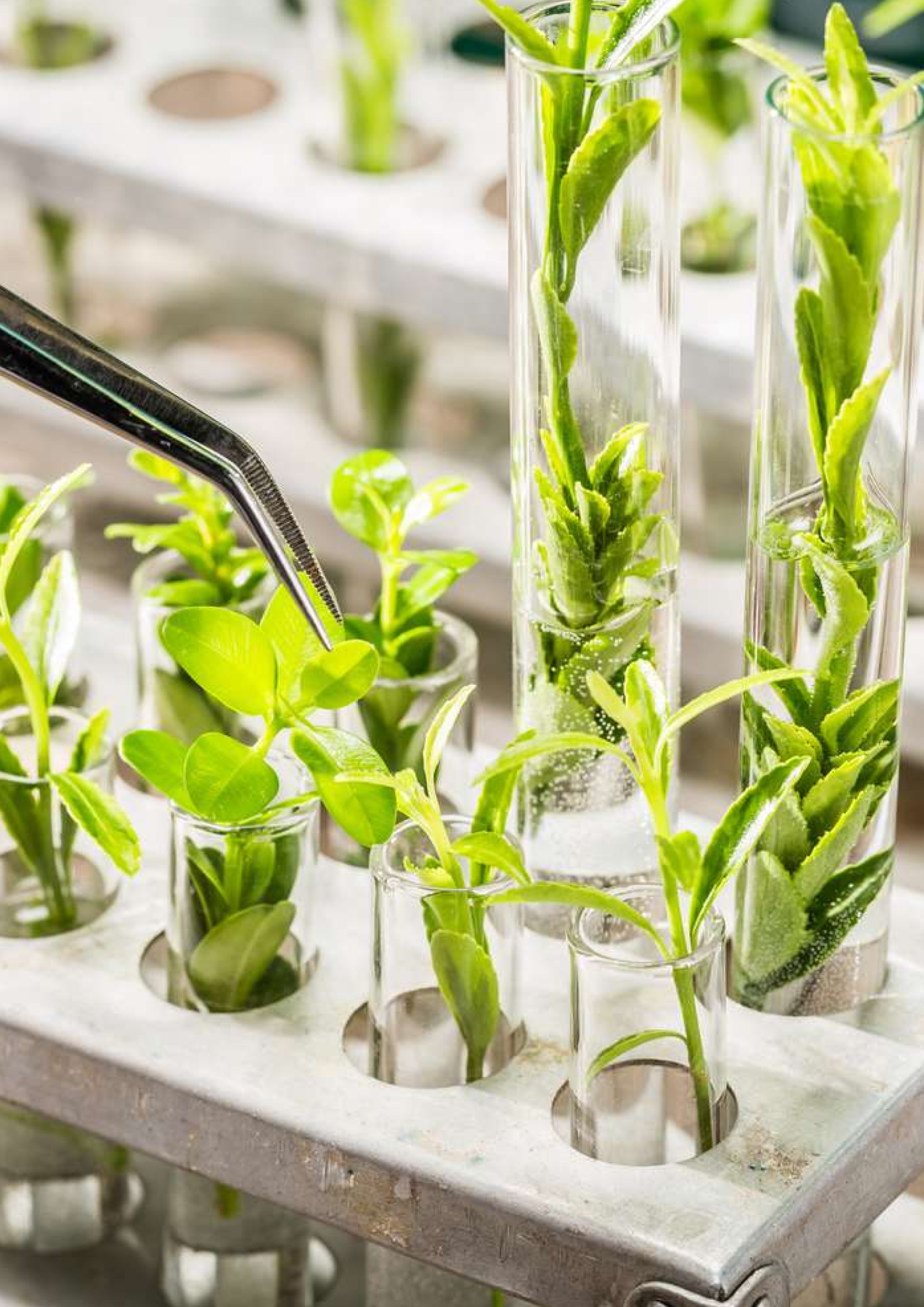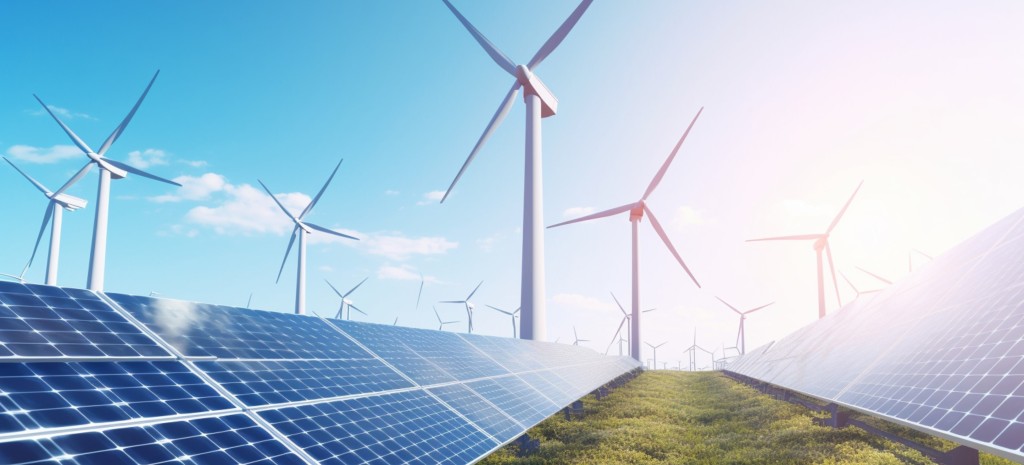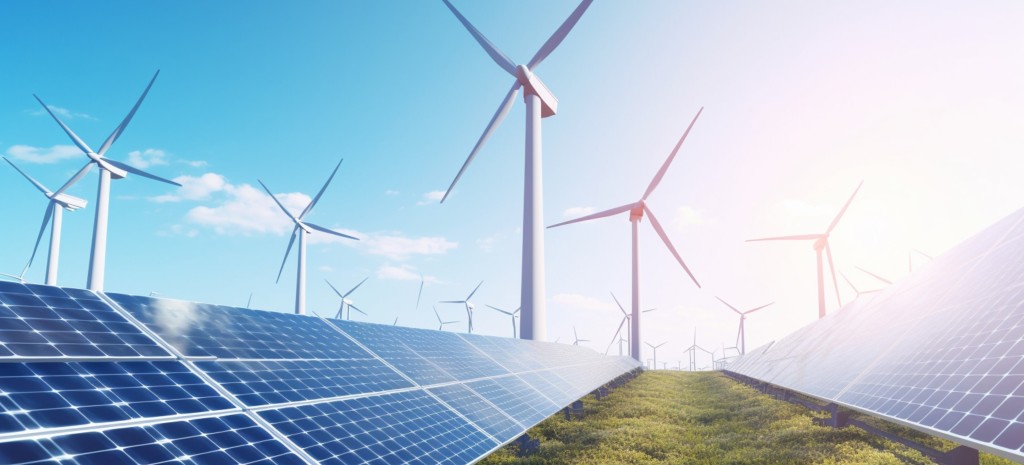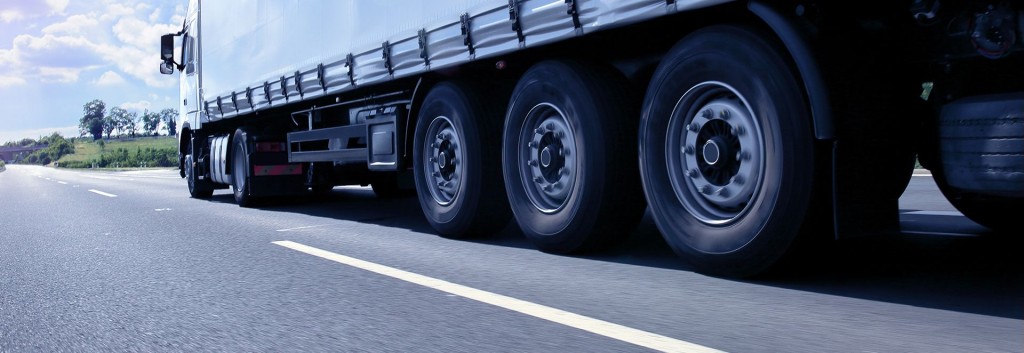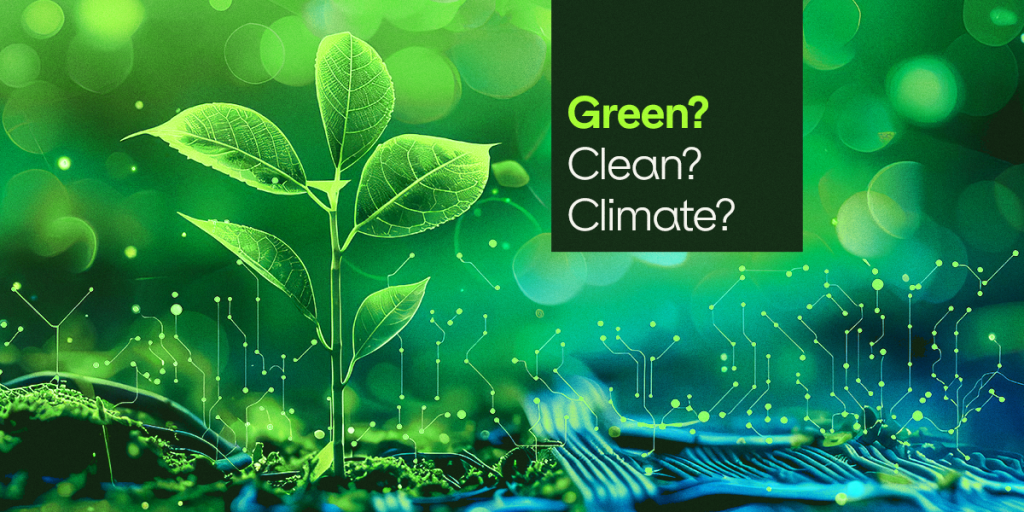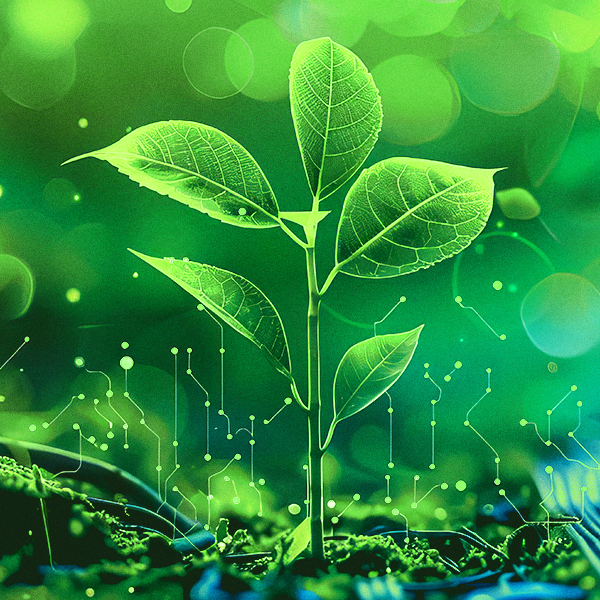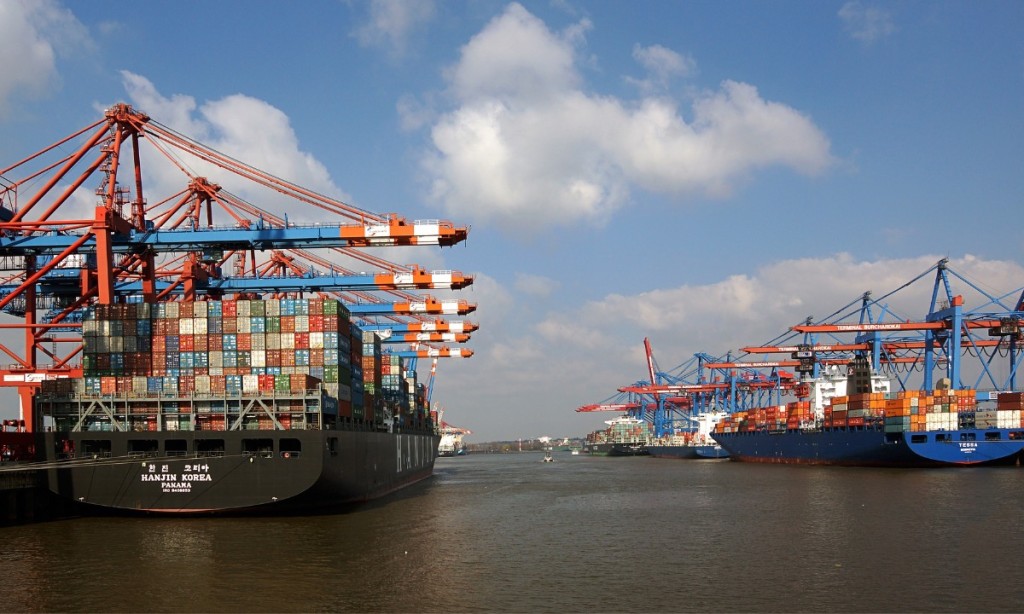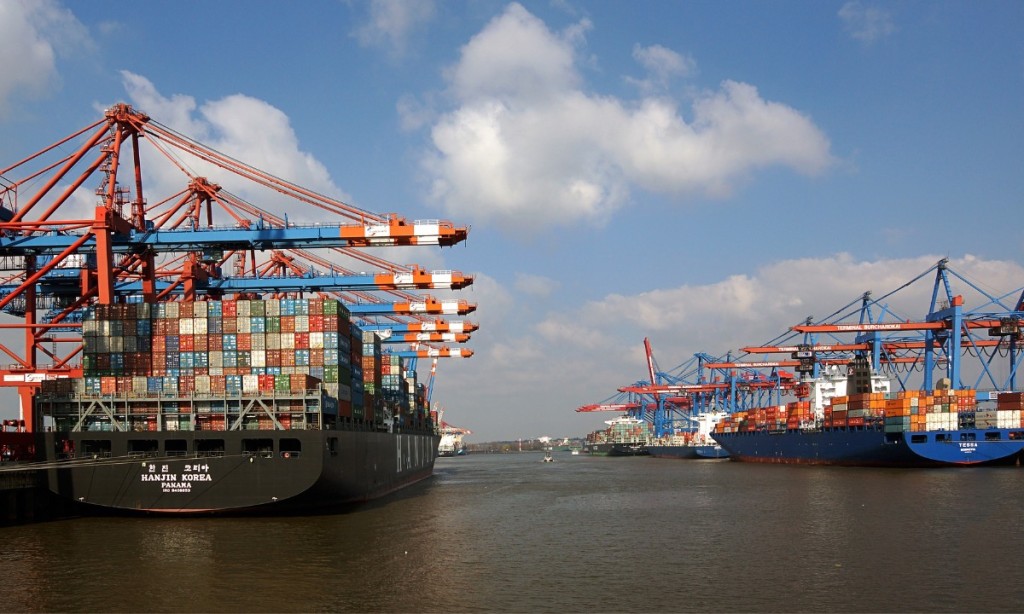2024 Greentech Trends in Latin America
From energy efficiency to waste management and sustainable agriculture, new technologies are set to emerge this year in Latin America to drive the transition to a greener economy.
Latin America, home to 50% of the world's biodiversity and the leading exporter of food globally, faces numerous challenges in agriculture, logistics, and waste management. These sectors account for 48% of the region's total greenhouse gas emissions that contribute to global warming.
This context demands innovative, rapid, and efficient solutions that, while continuing to feed the global population, also preserve natural resources and adapt to climate change. Known as green technologies, or greentechs, these solutions involve more efficient use of natural resources and reducing waste and pollution.
To facilitate and enable the transition to a greener economy, we must identify the best innovations in energy efficiency, waste management, sustainable agriculture, and mobility efficiency.
Below, we present the 9 greentech trends we believe will gain significant relevance in 2024 in Latin America, creating substantial positive environmental and social impact and shaping the future of the economy:
Agriculture and Land Use
- Precision Agriculture: Technologies enabling more efficient and sustainable management of agricultural resources, allowing farmers to make more informed decisions, increasing productivity, and reducing costs. Examples include artificial intelligence applied to agricultural bottlenecks, remote sensing and monitoring, climate predictability, and precise application of fertilizers and pesticides. We anticipate more of these innovations addressing agricultural production challenges with precision in 2024.
- Agricultural Biotechnology: Increasingly applied to plant and seed genetics as well as pest and disease control, biotechnology innovations and research will play a crucial role in providing more specific tools to improve the resilience of various plants and soils, finding new and better ways to adapt to climate challenges.
- Traceability and Compliance in Agriculture: There are new regulations being approved in various countries to influence the importation of more sustainable food sources, which will be verified through improved production chain traceability. Producers and exporters will need to adjust to comply with new regulations to continue serving markets like the European Union (with legislation approved in 2023). With a short timeframe for adaptation, technology will be essential for digitalizing traceability processes, including real-time stock monitoring and automated data collection, to minimize financial losses, increase efficiency, and expand market share. These changes are expected to become a prerequisite for all market participants and should be evident in 2024.
Clean and Efficient Energy
- Electric System Efficiency: Improving the infrastructure of the installed electrical grid is not a new demand but has found its solution through technology. Innovations to increase grid efficiency through sensors, automated computational mechanisms, and real-time data monitoring systems are emerging, helping to eliminate grid congestion and increase supply stability. In 2024, we'll see the growth of these solutions, which will directly impact consumer rates through lower network maintenance costs, optimized capacity use, and variable billing based on actual energy transmitted and consumed.
- Free Energy Market: The gradual opening of this market in Brazil marks a significant step in 2024. As of January 2024, a new group of 106,000 consumers can now transition to this new contracting format, choosing to purchase electricity from any concessionaire in the National Interconnected System. Until now, only large companies were authorized to negotiate in this mode. Although it will take a few more years for this option to be available to all low-voltage consumers, the gradual opening has already created a more competitive energy supply environment and cheaper electricity bills. Technology will play a role in reshaping how energy is generated, transacted, and consumed.
Logistics and Transportation
- Fleet Electrification: Nearly a fifth of global greenhouse gas emissions come from the transportation sector, mainly road transport. Biofuel solutions, like ethanol, and the electrification of transport are gaining momentum. The outlook is positive for Brazil, given its potential for biofuel development and an energy matrix that encourages sustainable sources. 2024 will be a year of discussions on how this expansion will occur in Latin America, given the need for infrastructure and technology adaptation.
- Road Efficiency: The trucking industry plays a crucial role in Latin America's supply chain logistics but struggles with high operational costs, poor infrastructure, and supply chain challenges. These issues affect prices, resulting in higher logistics costs for transporting goods between ports, consumption centers, distribution centers, and production facilities. The scenario opens up good investment opportunities in integrated and digitalized solutions specialized in logistics efficiency niches.
Circular Economy and Waste Management
- Mandatory Recycling: The National Solid Waste Policy has established that 2024 will be the year to eliminate irregular landfills in all Brazilian municipalities. This will boost the growth of tools and new solutions focused on enabling this movement. The force of law and the complex application of reverse logistics across various chains create fertile ground for high-impact innovations. New models like associations, marketplaces, and companies with waste management and traceability software have emerged, promising business models with vast growth potential.
- From Waste to Product: The advancement of technologies that help transform "waste into product" is not just valuable but crucial in a scenario where we are accumulating excess trash without knowing how to properly dispose of it. A highlight for 2024 includes technologies that convert waste into energy, such as biogas, second-generation ethanol, and biomethane. The "waste," or by-product, offers a solution to two significant environmental challenges: reusing the vast volume of waste produced by society and, at the same time, reducing dependence on fossil fuels.
We hope this list helps generate ideas and connections between creators and investors. The challenge of transitioning to a greener economy is current and ongoing. We are open to exploring, studying, and advancing investments in solutions on this path. If something caught your attention or you wish to delve deeper into discussions, see the full report at the link.
